Is Our World Real? Maybe Not...
The question of whether or not our world is real has been debated since the time of the ancient Greeks. Recently, films like the Matrix have suggested that 'reality' could be an entirely artificial construction.
Now two scientists are saying that it might just be true. Physicist Martin Rees and mathematician John Barrow speculate that the world that we know might be the creation of a gigantic computer located, perhaps, outside of the universe.
In fact, the universe itself could be a simulation, and, as Dr. Rees speculates, it would not be necessary to create the entire thing, but only the appearance of it.
Our reality, in other words, could look enormous but actually be quite small, easily manageable by the sort of supercomputer that might be available in just a matter of years.
John Barrow, also a Cambridge teacher, suggests that a civilization just slightly ahead of our own could create a universe in which self-conscious entities could exist and interact with each other. But Seth Lloyd of MIT says that such a simulation would require a computer so large that it would be virtually unimaginable.
Nevertheless, Barrow and Rees are being taken seriously in scholarly and scientific circles. If they're right, then the question must be asked: was famed anomalist Charles Fort right? IS this a barnyard?
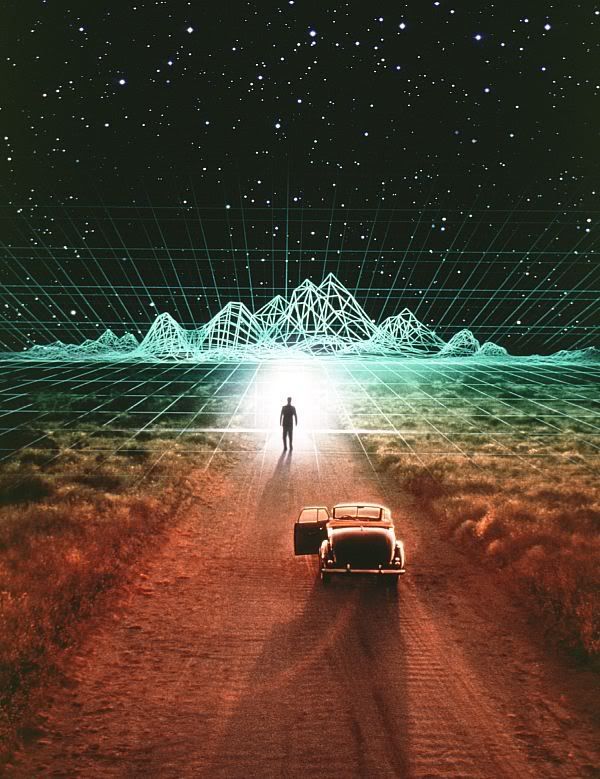
Scientists see us in a virtual reality
By Christophe Schmidt in London
IS it all just a dream? Speculation that reality is nothing but an illusion, or simulation, or controlled environment, has been with us for thousands of years, most recently doled out as pop culture brain candy with the likes of the US film The Matrix.
But now two respected British scientists, physicist Martin Rees and mathematician John Barrow, are questioning whether all matter and mind we know is not the creation of some mega-supercomputer somewhere.
"A few decades ago, computers were only able to simulate very simple patterns. They can now create virtual worlds with a lot of detail," Rees told AFP.
"In the future, we could imagine computers able to simulate worlds perhaps even as complicated as the one we think we're living in."
Martin, an astronomer at Cambridge University, dares a thought that could have been deemed far-fetched among serious scientists only a while back: "The question is : Could we be in such a simulation?"
In this case, the universe would not be all-encompassing but only part of an ensemble Rees and Barrow call the "multiverse".
Barrow, who also teaches as Cambridge, described in an academic article that it was long known that a civilization slightly more advanced than our own could simulate "universes in which self-conscious entities can emerge and communicate with one another".
In a much more computer-savvy society with vastly more advanced technology, "instead of merely simulating their weather or the formation of galaxies, like we do, they would be able to go further and watch the appearance of stars and planetary systems," he said.
"Then, having coupled the rules of biochemistry into their astronomical simulations, they would be able to watch the evolution of life and consciousness."
With the same ease that we humans watch the "life cycle of fruit flies", Barrow said, the machine masters of the universe could "watch the civilizations grow and communicate with each other, argue about whether there existed a Great Programmer in the Sky who could intervene at will in defiance of the laws of Nature they habitually observed".
However, the theory of the Cambridge pair of scientists has not met widespread approval among peers.
Seth Lloyd, professor of quantum mechanical engineering at the Massachusetts Institute of Technology (MIT), pointed out such a simulation would require an "unimaginably large" computer.
Lloyd, in comments published last week in The Sunday Times, gave a jab to the duo, comparing them to a science fiction book with a cult following - Douglas Adams' The Hitchhiker's Guide to the Galaxy, which stars a supercomputer named Deep Thought.
"The Hitchhiker's Guide is a great book but it remains fiction," Lloyd said.
|


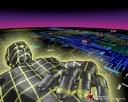

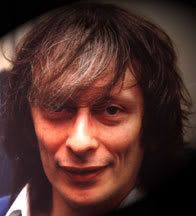

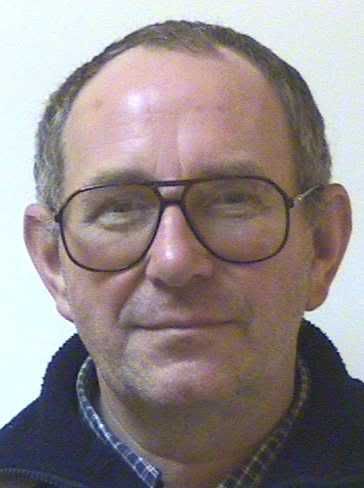
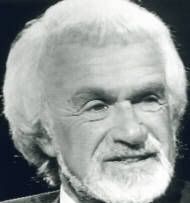

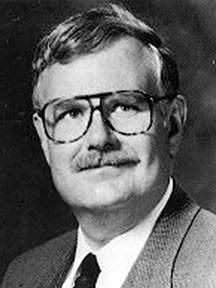
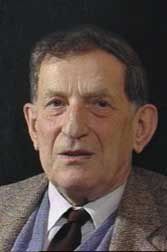
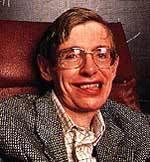
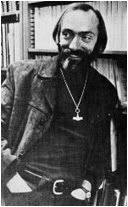
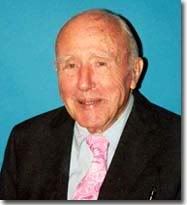
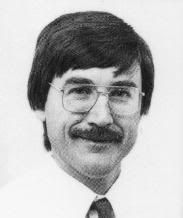



<< Home